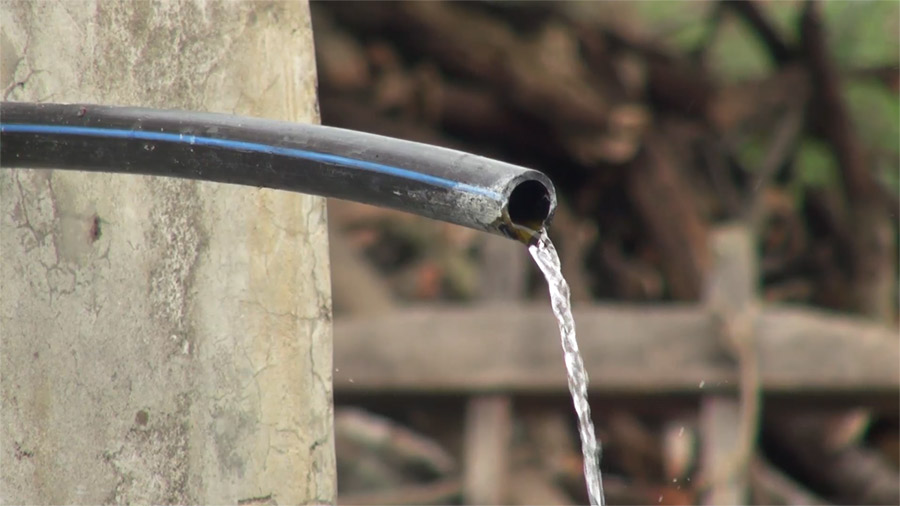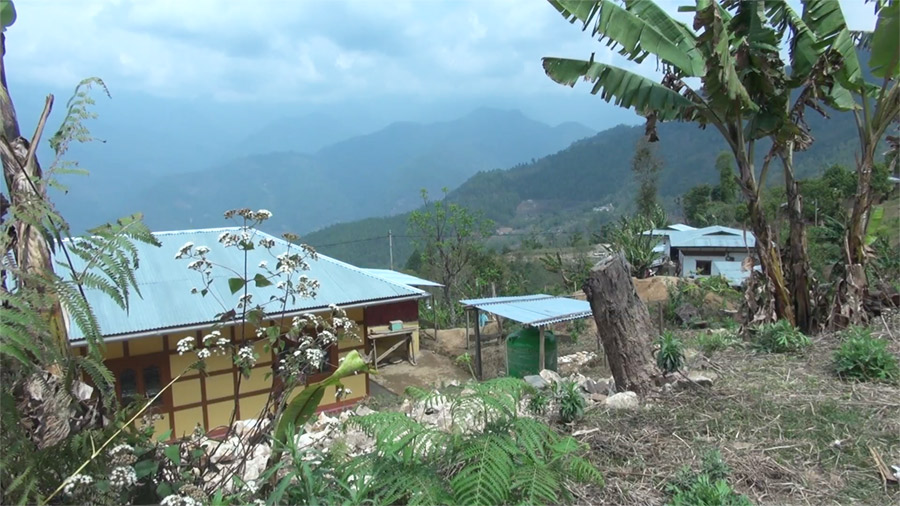
After struggling for decades, residents of Tsirang Toed Gewog in Tsirang will finally have access to a reliable drinking water supply in the next two years. The Tsirang District Administration started working on the rural water supply scheme for the gewog in February this year. The new water supply will also benefit four chiwogs of the neighbouring Pungtenchhu Gewog.

The residents attribute the acute shortage of drinking water in the gewog to its location and a growing number of households.
To solve this, a new water source will be drawn from downstream of Dhap Tsho, located some 26 kilometres from the gewog.
According to an official from the district administration, the new water source can cater to both Tsirang Toed Gewog and neighbouring Pungtenchhu Gewog, meeting the needs of over 8,500 people in the future.
As of today, site preparation works such as setting up site offices and labour camps have been completed. The contractor is now excavating for reservoir and distribution tank construction.
The project brings hope to residents, especially those in Soentabsa and Tsirang Toed Chiwogs, who have been struggling without enough drinking water for years.
“The main problem here is lack of adequate drinking water. We only get drinking water for two hours each day and it is usually towards the evening. We have heard that there is going to be a new drinking water supply from Dhapkhola. This new water supply will benefit us immensely and we are looking forward to it,” said Rita Rai, a resident of Tsirang Toed Gewog.
“Despite having a schedule for drinking water distribution, sometimes we go for weeks without getting any. When that happens, we have to buy mineral water from shops,” said Arjun Rai, another resident of the same gewog.
“Residents have been worried for years without reliable drinking water. When they do not get adequate drinking water, it leads to arguments. They also accuse each other of diverting water to their kitchen gardens and farms,” said Dal Bdr. Tamang, also a resident.
The drinking water supply project worth almost Nu 120 M is funded by the Adaptation Fund through the Bhutan Trust Fund for Environmental Conservation.
Pema Tshewang, Tsirang
Edited by Sonam Pem







